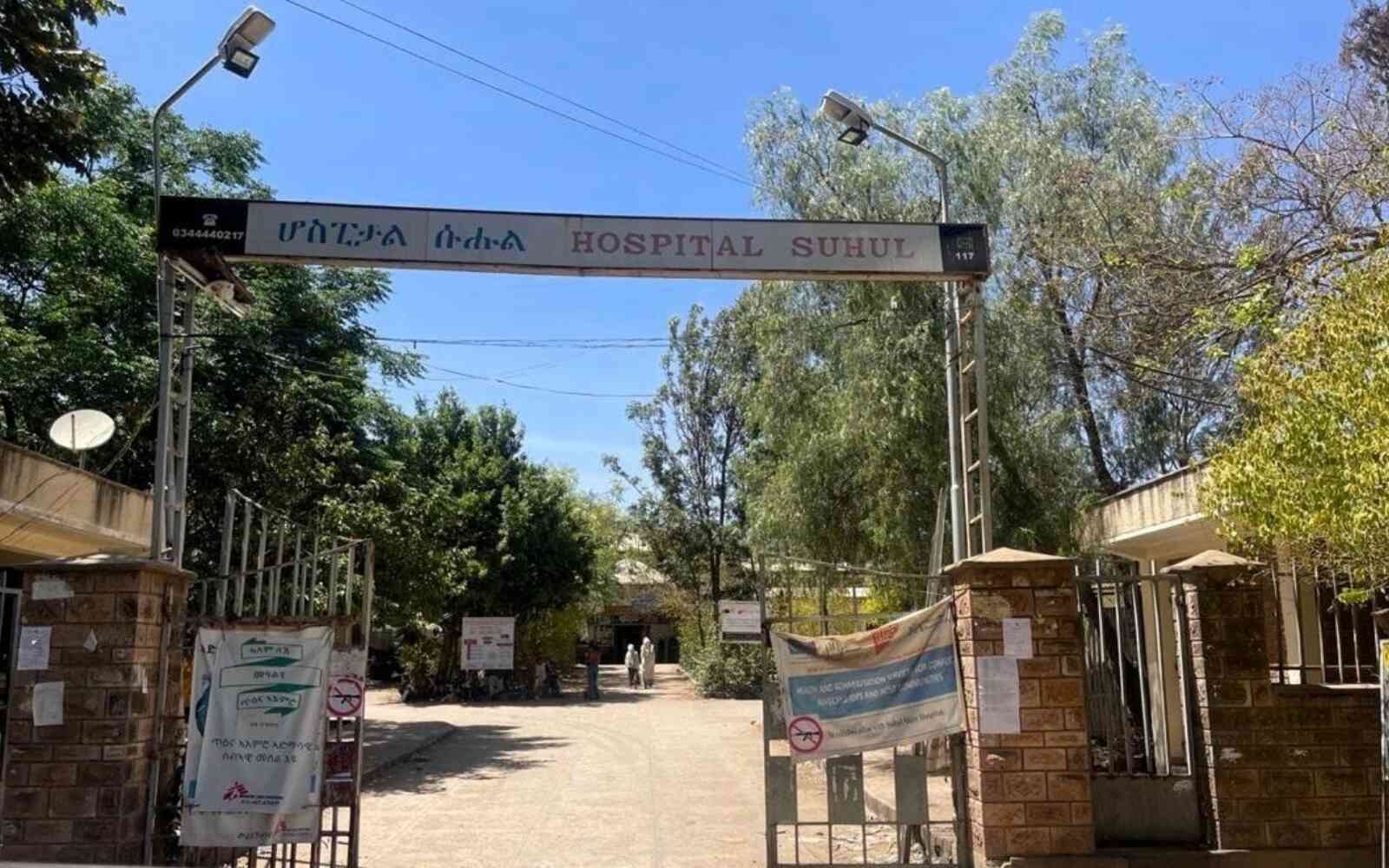The United Nations Office for Project Services (UNOPS)
Building climate resilience in Libya’s agricultural and livestock sectors
An International Fund for Agricultural Development-led, UNOPS-supported initiative is addressing water scarcity challenges.
Around 90 per cent of Libya is desert – and only around 1 per cent of the land is arable. With very limited year-round water resources, Libya's agricultural and livestock sectors rely almost entirely on non-renewable groundwater resources.
Water scarcity already threatens the agricultural and livestock sectors. And the impact of climate change – including droughts, sea-level rise and saltwater intrusion, and high temperatures – threatens to worsen the challenges they already face.
"Climate adaptation is key to building resilience in Libya’s agriculture and livestock sectors," said Nathalie Angibeau, Director of UNOPS North Africa Multi-Country Office.
With funding from the Adaptation Fund, UNOPS and the International Fund for Agricultural Development will work together to implement the 'Resilience to negative impacts of climate-aggravated water scarcity in the agriculture sector in Libya' (also known as ‘RENEWAL’) project in four districts in north-western Libya: Aljifara, Al Jabal al Gharbi, Nalut and Zuwara.
The project supports vulnerable communities, enhances water and food security, and aligns with Libya’s sustainable development priorities. It marks a critical step toward advancing climate justice in the country.
RENEWAL will help enhance the durability of existing water resources in the agriculture and livestock sectors by promoting efficient water usage as well as building capacity for Libya to manage climate-related risks and impacts.
"Our goal is to ensure that smallholder farmers, women and youth not only survive the impacts of climate change but thrive despite them," said Vrej Jijyan, Country Director, International Fund for Agricultural Development. "This project represents a strong commitment to the future of Libya’s agriculture and its people."
During the inaugural workshop, representatives from the International Fund for Agricultural Development, UNOPS and the government of Libya discussed RENEWAL's objectives and implementation strategies. The Ministry of Environment recognized the project as a crucial advancement in assisting vulnerable communities, including women, youth and smallholder farmers while also bolstering water and food security.
Project activities will include implementing climate change adaptation measures such as introducing drought- and heat-resistant crops, cultivating crops capable of withstanding high salinity, adopting water conservation practices and improving rangeland production systems.
Read more here.












